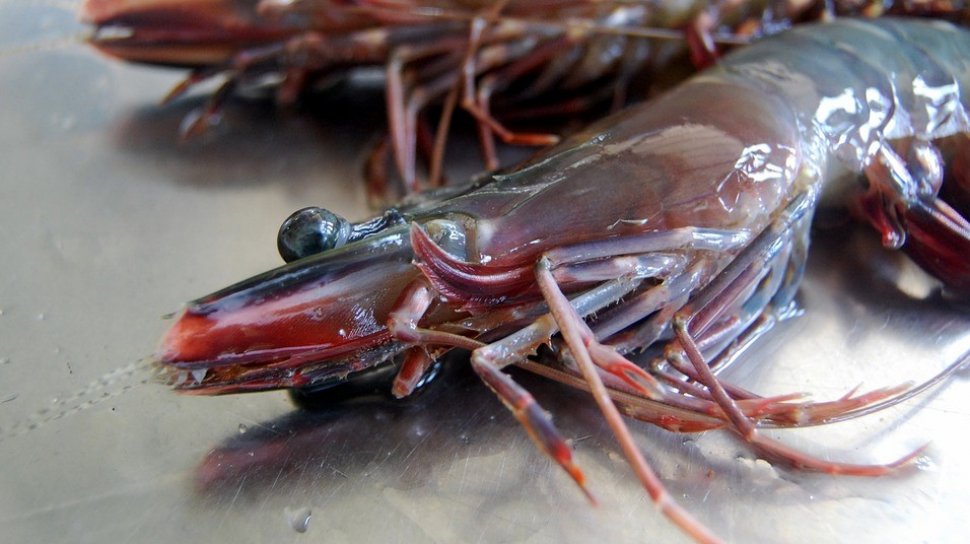Suara.com – For scientist find new species shrimp in an aquarium tank in a museum located in south London.
The shallow water animal is named Heteromysis hornimani in honor of the Horniman Museum in Forest Hill, where it was first discovered.
Adult species of shrimp are not more than about 6 mm in size. While the female was reportedly pregnant with a bag of bright green eggs.
These shrimp mostly have transparent bodies with yellowish-brown areas and small orange spots.
Also Read:
Duh! Scientists say 3 million face masks are wasted every minute
Surprisingly, so far this species of shrimp has never been found in the wild.
The species of shrimp is known only from the aquarium tanks at the Horniman Museum as well as the Oceanopolis Aquarium in France and the Wroclaw Zoo in Poland.
Researchers said that compared to the shrimp observed in the Brest aquarium, the London type had a more intense orange or red tinge.
Experts have found clues to its origin and believe that the species originated in the Caribbean.
“The new species is a great example of how aquariums can be used to advance our understanding,” said Jamie Craggs, aquarium curator at Horniman. Independent, Tuesday (23/3/2021).
Also Read:
Wow! This is the appearance of the world’s smallest origami bird
Craggs was initially unaware of the new species of shrimp and used it to feed other fish.
“We’ve been using the shrimp as a food source because they reproduce so fertile,” adds Craggs.
The shrimp samples have been transferred to the Vienna Natural History Museum to be preserved in ethanol.
Heteromysis hornimani is one of four new species found in six public aquariums in the United States and Europe.
![New species of shrimp. [Museum Horniman]](https://media.suara.com/pictures/653x366/2021/03/23/92330-spesies-baru-udang.jpg)
Two other species, Heteromysis waikikensis and Heteromysis sixi, were found at the Waikiki Aquarium, Hawaii.
Heteromysis smithsoniana found at the Atlantic reef exhibit at the Smithsonian Marine Ecosystems Aquarium, Florida.
In the findings published in European Journal of Taxonomy, the origin of Heteromysis waikikensis and Heteromysis sixi is most likely located in the coastal waters of the central Pacific.
Meanwhile, Heteromysis smithsoniana is believed to have originated from the subtropical northwest Atlantic.
– .


